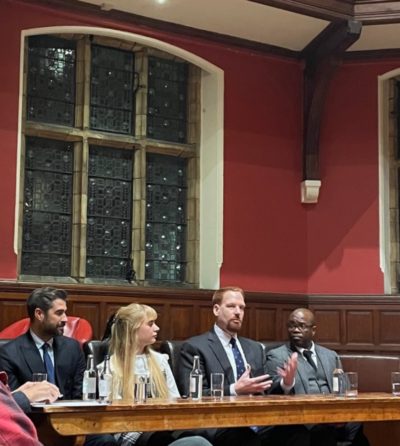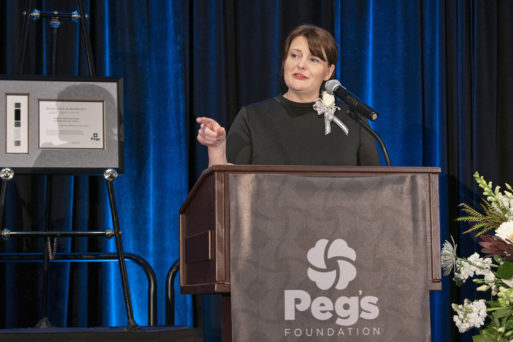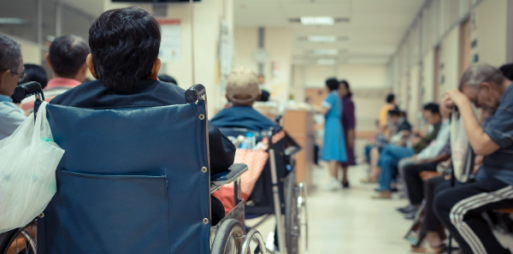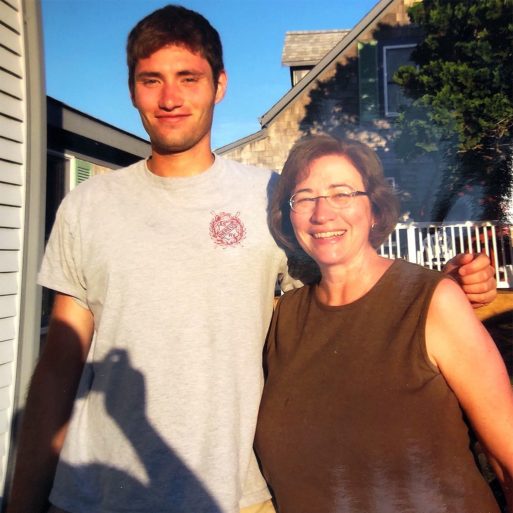
Advocate Gabe Howard speaking at prestigious Oxford University in England. (Photo courtesy of Gabe Howard.)
(12-6-22) All too often, the only stories about individuals with serious mental illnesses that make the news are sad and depressing. So I was thrilled when I learned that Gabe Howard, who has written in the past for this blog, recently was invited to the Oxford Union to speak about whether the Internet is helpful or harmful for individuals with mental illnesses.
That’s the Oxford Union at the University of Oxford in England where there is evidence of teaching as early as 1096, making it the oldest university in the English-speaking world and the world’s second-oldest university in continuous operation.
Previous speakers have included former President Bill Clinton, Albert Einstein, Morgan Freeman, and Mother Teresa.
“To go from thinking demons were chasing me and being committed to a psychiatric hospital and now I was invited to — and did — speak at Oxford University?” Gabe wrote in an email to me. “Even I can’t string together the words to explain how that happened. It’s beyond amazing. It’s a real testament to the power of the patient voice and to advocacy in general that I was even considered, let alone selected.”









